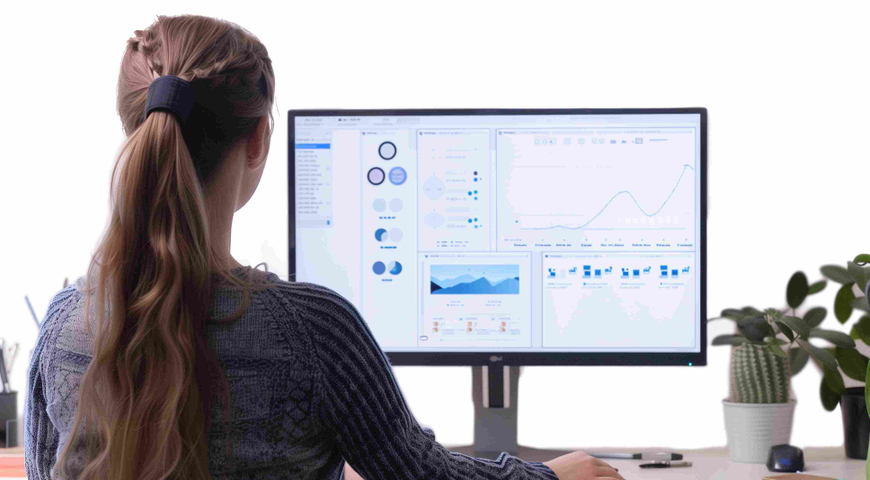Decay is a fact of life that applies to digital bits and bytes, as well as those leftovers in the shared company kitchen. When it comes to data, that decay, or "bit rot," can threaten the piles of business-critical information that IT departments increasingly trust cloud vendors to manage, store and protect. How can IT pros determine whether their cloud vendors will adequately protect data? It starts by asking the right questions.
Data Durability In The Cloud
Dan Iacono, research director for storage systems at IDC, tells TechTarget that durability is one way to measure data protection. The durability of the data depends on how cloud providers resolve bit errors, or corrupted data caused by bugs or data that's written incorrectly. The problem, Iacono says, is that not all cloud vendors offer durability guarantees, and there's little agreement among vendors about how to define durability in the first place.
Iacono identifies two methods that cloud providers use to protect customers' data and protect against bit rot. One way is to keep multiple copies and to periodically cross-reference data against a perfect copy. The second method, called erasure coding, uses a "mathematical algorithm that compares a full data copy versus a smaller one," Iacono says. Erasure coding works by breaking the existing data into pieces and storing those pieces across multiple locations.
Both methods have their benefits — and drawbacks. The cross-reference method requires cloud providers to store multiple copies of the data, which can get expensive. The benefit? Customers can get back up and running more quickly compared with the erasure coding method. The cost-benefit analysis will vary for each company based on business needs, but IT pros must understand vendors' protection method to make the decision.
Different Tiers of Data Protection
The best data protection method will vary for different data types, too. Iacono recommends breaking data into two categories: The first category is data that's essential to the business; the second is data that IT can recover with relative ease — and which likely won't need the same level of costly protection.
Says Iacono, "In a traditional environment, we have that mission-critical data, and we want it up all the time. So, I would really care about my durability and availability. Now I may have other pieces of data that .... if I can easily rebuild that data and I can store it at a much lower cost, then I would definitely want to take advantage of reduced durability storage to lower my overall storage costs."
By understanding how cloud vendors protect their data, IT pros can get more peace of mind than a guarantee could ever offer. There are few standards for how cloud vendors measure durability, and there's no guarantee that a vendor will admit a durability problem, anyway. That's why IT pros are better served by understanding how their vendors protect data and prevent the scourge of bit rot.
[Image via Can Stock]
About Acronis
A Swiss company founded in Singapore in 2003, Acronis has 15 offices worldwide and employees in 50+ countries. Acronis Cyber Protect Cloud is available in 26 languages in 150 countries and is used by over 21,000 service providers to protect over 750,000 businesses.



